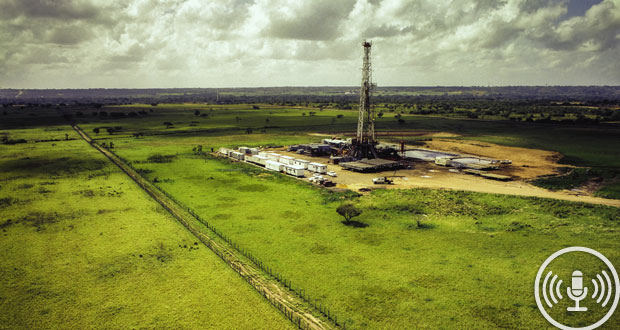Australian health experts have urged state and federal governments and local councils to protect rural populations from the multiple potential health risks associated with unconventional gas mining.
The call comes from an article, published this week in Rural and Remote Health, that explored the impact unconventional gas mining might have on the lives of Australians living in rural areas. These operations include shale gas mining, tight gas mining and coal seam gas mining and can involve practices such as hydraulic fracturing, also known as fracking, and horizontal drilling.
The article highlighted health concerns in six key areas. They were absence of a safe solution to the toxic wastewater management problems, air pollution, land and water competition, mental health and psychosocial wellbeing risks, fugitive methane emissions and lack of proven regulatory regimes.
Lead author professor Melissa Haswell, from Queensland University of Technology, said: “Emerging epidemiological studies suggest links between living in close proximity to unconventional gas operations and interference with foetal development and birth outcomes, exacerbation of asthma conditions and higher levels of stress. These findings are particularly concerning to rural families here in Australia.”
Haswell said research into the health implications of shale and tight gas mining should not be overlooked in the assessment of the likely costs of the industry’s development in Australia or in decision making.
“Rural residents need to be supported to access and interpret the best and most current evidence regarding the multiple health concerns associated with unconventional gas mining,” she said.
Nursing Review sat down with Haswell to find out more about what studies are telling us about the connections between unconventional gas mining and human health, and what concerned health professionals can do.
Do you have an idea for a story?Email [email protected]
 Aged Care Insite Australia's number one aged care news source
Aged Care Insite Australia's number one aged care news source

